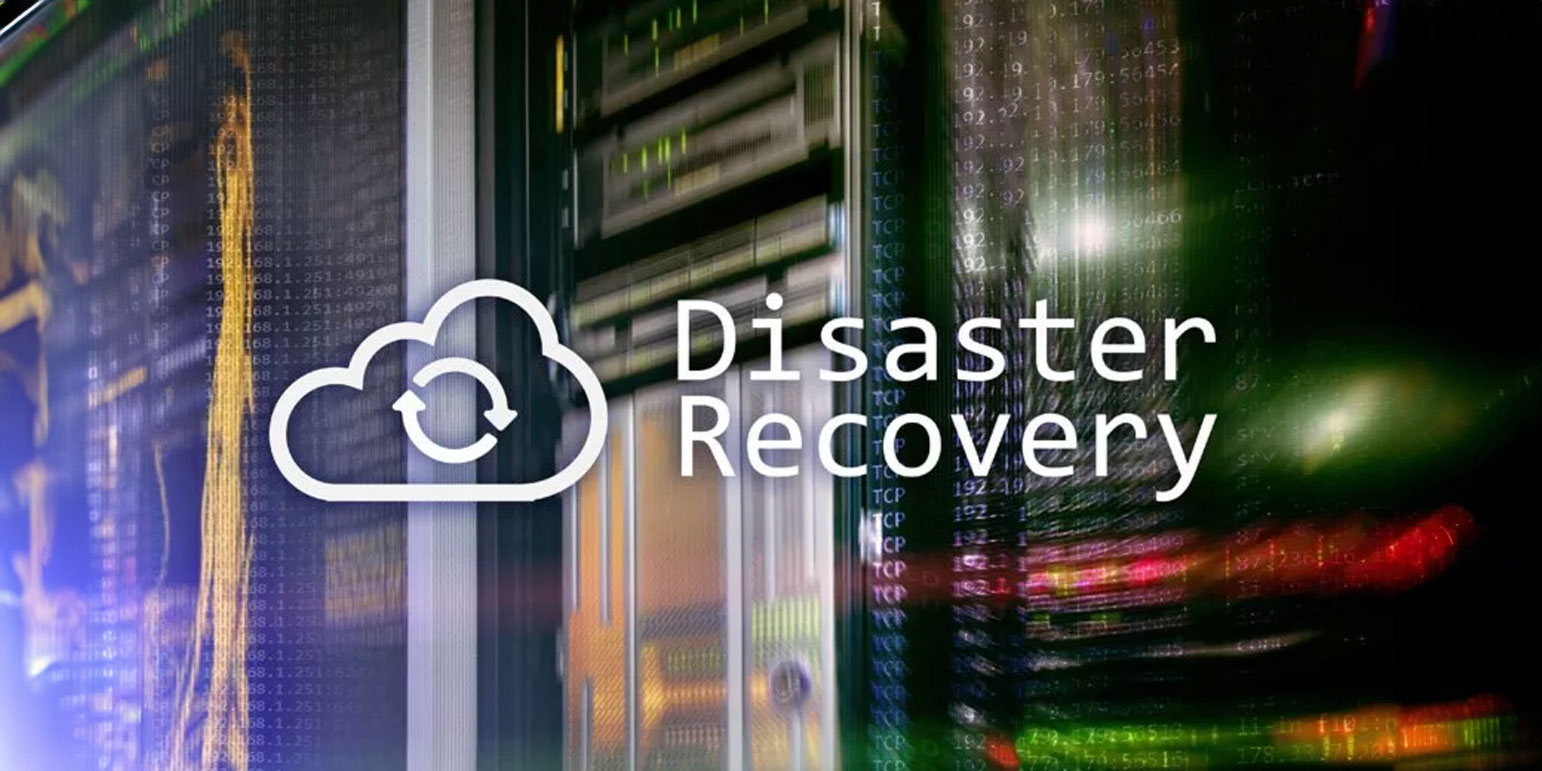21 February 2019 | Updated on 24 July 2024
Disaster recovery in an ITIL environment
Disaster recovery is an incredibly important part of modern business planning. Companies without an effective disaster recovery plan often struggle to cope with cyberattacks, fires, floods, or loss of...

Disaster recovery is an incredibly important part of modern business planning. Companies without an effective disaster recovery plan often struggle to cope with cyberattacks, fires, floods, or loss of connectivity. The better your disaster recovery plan, and the more familiar your staff are with implementing it, the easier it will be for your business to re-build quickly after an emergency.
What is a disaster recovery plan?
A disaster recovery plan is a written document that details the steps an organisation will take to resume work following an unplanned incident or disaster. These incidents may include natural disasters, cyberattacks or power outages — anything that causes a major disruption to the day-to-day working of the business.
Why is a disaster recovery plan important?
A disaster recovery plan ensures a business can weather unforeseen crises and swiftly recover from disruptive incidents. This document is essential for safeguarding the continuity of business operations and protecting critical data.
By taking a proactive approach, and creating a disaster recovery plan, organisations not only mitigate financial losses, but build a reputation for reliability and dependability, making them appear more trustworthy to prospective customers.
What is the difference between disaster recovery and business continuity?
A lot of the time, the terms ‘disaster recovery’ and ‘business continuity’ are used interchangeably. And although the two have a number of similarities, it’s important that business owners understand and appreciate the differences between them.
Disaster recovery definition
Essentially, the term disaster recovery refers to a business’ ability to restore the data and applications needed should its data centre, servers or other infrastructure become damaged, destroyed, or otherwise compromised.
In disaster recovery, one of the most important things businesses need to consider is how quickly data and applications can be recovered and restored. The longer the business is offline, the more damage can be done to its reputation and its operations.
Business continuity definition
Business continuity planning, by contrast, refers to a strategy that lets a business continue to operate with minimal downtime or even no service outage at all. If your business relies on being online 24 hours a day, seven days a week, a comprehensive business continuity plan is essential.
How does disaster recovery work?
Disaster recovery works through a systematic and strategic approach aimed at minimising the impact of disruptive events on business operations. It comprises of several steps, including:
- risk assessment
- data protection
- continuity planning
- response actions
- testing
How to create a disaster recovery plan
Creating a disaster recovery plan involves several key steps to ensure that businesses are prepared to effectively respond to and recover from disruptive events.
Top elements of a disaster recovery plan
Risk evaluation: The first step in disaster recovery is to identify potential risks. By conducting a thorough risk assessment, businesses can prioritise their resources and develop a comprehensive disaster recovery plan.
Asset identification: Asset identification provides an insight into an organisation’s infrastructure, dependencies, and recovery requirements. This systematic cataloguing and prioritising of assets allows organisations to develop targeted recovery strategies.
Backups: One of the primary objectives of disaster recovery is to safeguard critical data and systems. This involves implementing robust backup and recovery mechanisms to ensure that essential information is securely stored and can be quickly restored in the event of a disaster.
Testing and optimising: Disaster recovery plans should be regularly tested and updated to ensure their effectiveness. This may involve conducting simulated disaster drills, reviewing response procedures, and incorporating lessons learned from past incidents.
Recovery team: When a disaster occurs, the plan is put in action. To do this you need a recovery team. These teams assess the extent of the damage and implement the necessary recovery procedures to restore operations as quickly as possible.
Benefits of having a disaster recovery plan
Having a disaster recovery plan has numerous benefits for an organisation, including:
- Business continuity in the face of disruption
- Effective risk mitigation
- Ensured protection of valuable data
- Compliance with regulations
- Maintained business reputation
- Cost savings
- And more!
Creating a disaster recovery plan
If you don’t yet have a disaster recovery plan or policy in place, you need to act as quickly as possible to protect your business and its services. For the best protection, get in touch with a professional IT disaster management company. This will ensure your plan is up to date, comprehensive, and that you can rely on it to get your business up and running again as soon as possible.
If you’d like to find out more about the benefits of an ITIL environment, we can help. Get in touch with a member of the team today to find out more, or view our list of ITIL 4 courses.